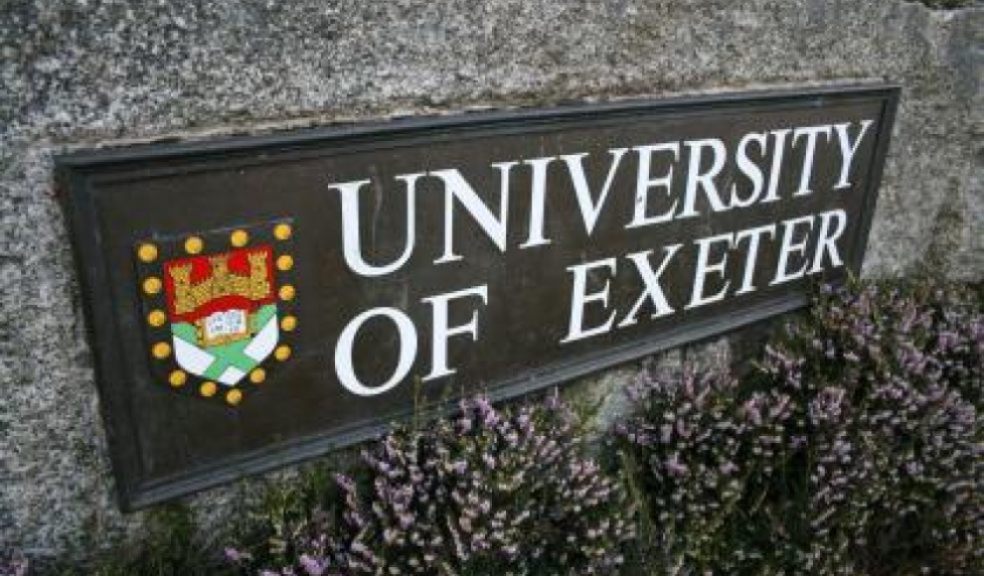
University of Exeter appoints new Chair of governing body
The University of Exeter has announced that Quentin Woodley is to be the new Chair of Council, the University’s governing body, and Pro-Chancellor with effect from 1 August 2022.
An experienced board chair with a background in finance, investment and strategy, Quentin was a senior partner at McKinsey & Company, the international strategy consulting firm, for many years. In addition, he has formerly served as Vice Pro Chancellor (Deputy Chair of Council) at the University of Leeds. He currently chairs the boards of several large defined benefit pension schemes.
He succeeds Sarah Turvill, who has been the University’s Chair of Council and Pro-Chancellor since August 2012.
Professor Lisa Roberts, Vice-Chancellor and Chief Executive of the University of Exeter said: “I’m delighted to welcome Quentin to Exeter as I know he combines outstanding leadership and strategic thinking with a collaborative, team-oriented approach to working with others. The Chair of Council is a vitally important role for the University and his experience will be a real asset as we implement our new Strategy 2030. I would also like to thank Sarah Turvill for her immense contribution for ten years as our Chair of Council; she has worked tirelessly for our University and led us through an exceptional period of growth.”
Quentin Woodley adds: “I am delighted to be joining Lisa and her Council colleagues at the University of Exeter at what is a very interesting time for the University and the sector. With the University’s bold new strategy in place, my goal is to help capitalise on the opportunities and challenges that lie ahead. I’m looking forward to working with the Council and the senior team as the University builds on the excellent achievements and strategic developments of recent years, and continues to further improve the student experience.”
The University Council is the governing body of the University with assurance and oversight responsibility for all the University’s activities including its strategy and finances and for fostering an environment in which the University’s mission can be achieved. It has a full membership of 23, a majority of whom are independent members drawn from the private and public sector who bring a range of experience and professional expertise to the work of the University and Council.














